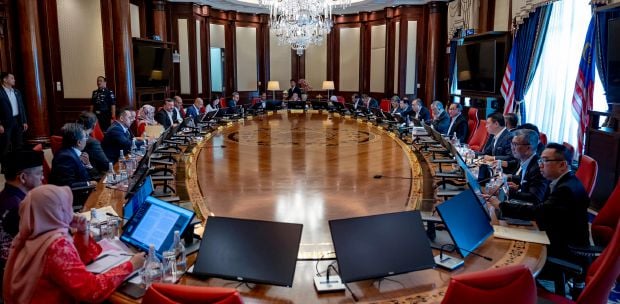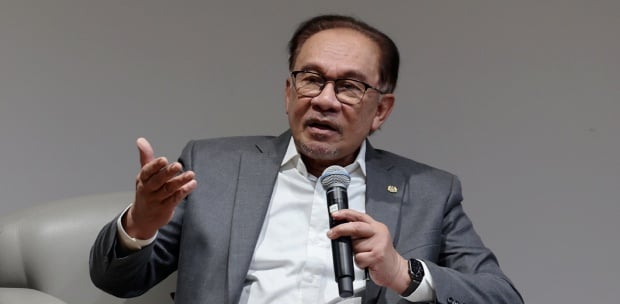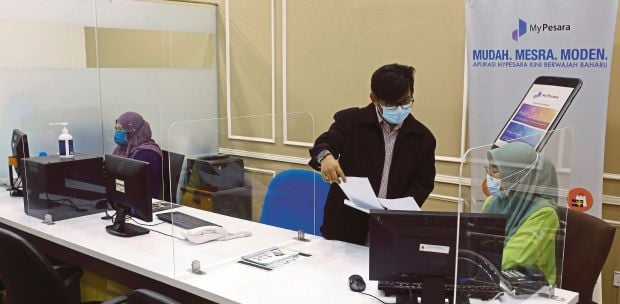A PRICE puzzle needs solving in Malaysia. It cannot be denied that the government is doing all it can to tame the cost-of-living crisis. Two of the "all" are price controls and increased enforcement.
Consider the price of local white rice. The government has fixed the price of 10kg local white rice at RM26. Yet, as Prime Minister Datuk Seri Anwar Ibrahim discovered during his recent visit to Permatang Pauh, a trader was selling a 10kg packet of mixed rice for RM30.
And her reason for doing so? She just can't find them in the shops, despite the government making 150,000 tonnes of local white rice available in the market. Something is amiss. Anwar has quite rightly ordered a probe into pricier food.
Unscrupulous traders on a profiteering high can't be ruled out. To them, the cost-of-living crisis is an opportunity to max out. Adding to this are smugglers who buy subsidised goods and sell them at exorbitant prices in neighbouring countries. Economists will argue that goods must not have prices imposed on them by the government, but by the market.
This is textbook economics of the Chicago kind, which is very much out of touch with reality, especially where the so-called "market" is packed with unscrupulous traders and smugglers.
It needs to be regulated. We think the government is doing a good job. But Malaysians have a problem. They fold their hands and leave it all to the government. But government can only do so much. The rest must join in the fight against profiteering. But how?
To be sure, the fight won't be easy, but it will be more effective if non-governmental organisations, such as consumers associations and the consumers themselves, lend a helping hand. We know that consumer associations are ready, willing and able to help.
After all, they have been in the business of highlighting the plight of consumers for decades. In the past, the government had ignored them for making unwelcome "noises", even though they were evidence-based.
Happily, this has changed. Somewhere in the government someone does listen now and then. This needs to be regularised, though. Just monitoring consumer associations' complaints from the newspapers won't do.
A process needs to be established through which they can channel their findings to the regulators on a regular basis. The usefulness of consumer associations must never be underestimated.
It pays to recruit their help as they are on the same side fighting the same battle. Consumers, too, are ready and able to help the government fight profiteering, but are not that willing. The reason is that they do not trust the consumer complaints process to keep their identity secret.
This isn't mere speculation. It has happened before when corrupt officers revealed the identity of complainants. One way out is to make anonymous complaints possible. But this is not without its danger. Fake complaints may overwhelm regulators, making them go on a merry-go-round hunt for profiteers or smugglers who don't exist.
There is a solution to this in a middle path. Accept only complaints through consumer associations, which will keep the identity of the complainants secret. The government will do well with their help. More hands make light work.





